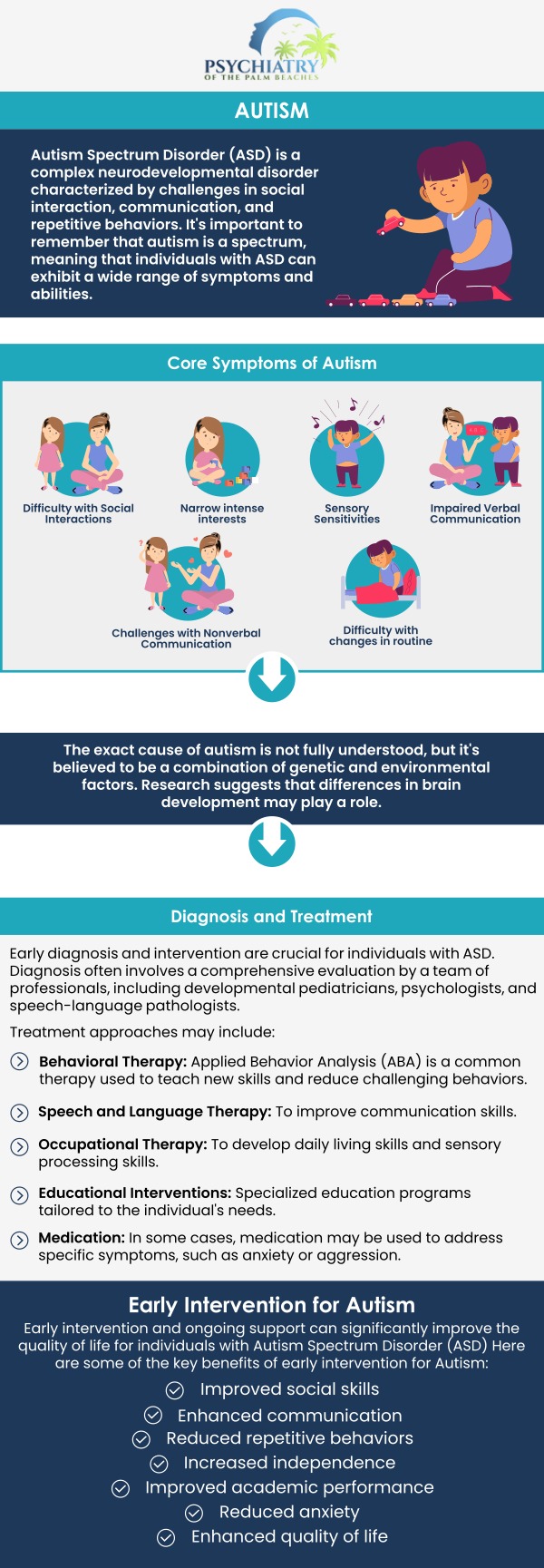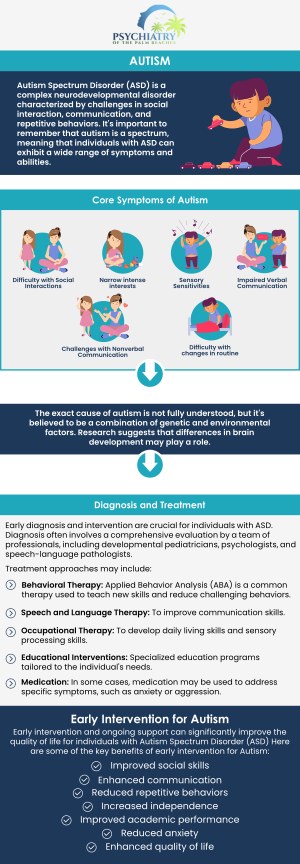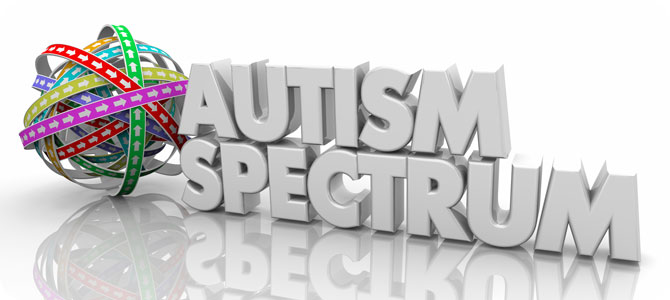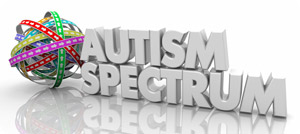Autism Spectrum Disorder (ASD) Treatment Q&A
With proper treatment and support, many individuals with an autism spectrum disorder can live a normal life. Learn more about the benefits of autism spectrum disorder treatment today! Autism spectrum disorder treatment is available at Psychiatry of the Palm Beaches. For more information, contact us or book an appointment online. Visit Psychiatry of the Palm Beaches serving Jacksonville, Boynton Beach, Palm Beach Gardens, Stuart, Royal Palm Beach, Port St. Lucie, Melbourne, Fort Lauderdale, and Jupiter, FL.




Table of Contents:
What are the 5 disorders on the autism spectrum?
Can a person with ASD live a normal life?
What are the triggers of autism?
What is the treatment for autism spectrum disorder?
Autism Spectrum Disorder (ASD) serves as the umbrella term for a group of complex neurodevelopmental disorders that impact communication and behavior. Within the autism spectrum, five disorders were traditionally classified.
One of these is Asperger’s syndrome, which encompasses individuals falling under the high-functioning autism spectrum. People with Asperger’s syndrome often display intelligence and excel academically and professionally. However, they struggle with social skills, which becomes more evident as they grow older and face challenges in meeting the expectations of their family and community.
Kanner’s syndrome, also known as classic autistic disorder, presents in children who may appear smart and attentive but exhibit underlying traits such as difficulty forming emotional attachments, uncontrollable speech, and obsessive handling of objects. Communication and interpersonal challenges are also common in this disorder.
Childhood Disintegrative Disorder (CDD), called Heller’s Syndrome, affects toddlers and pre-schoolers. Children with CDD initially grow normally until around the age of 2, after which they experience a sudden decline in social, communication, and behavioral skills.
Rett’s Syndrome is a unique form of ASD that only occurs in girls. Girls with Rett’s Syndrome suffer from significant communication impairment, and one of the prominent symptoms is limited hand usage for regular activities. This syndrome tends to worsen with age, necessitating increased support.
Finally, there is Pervasive Developmental Disorder (PDD), which applies to children with learning and behavioral difficulties who do not entirely meet the diagnostic criteria for a specific category of autism. In such cases, the diagnosis given is PDD-NOS (Not Otherwise Specified), indicating milder symptoms compared to other ASD subtypes.
A person with Autism Spectrum Disorder (ASD) can lead an everyday life, though the level of independence may vary among individuals. Some may require ongoing support, while others can live independently with minimal assistance. Achieving this milestone involves finding and maintaining a job, managing finances, and handling daily tasks like cooking and cleaning.
Supporting individuals with autism to live independently requires providing them with the appropriate tools, treatments, and resources. Life skills training, vocational programs, and access to affordable housing options are essential components of this support. Additionally, technology can be instrumental in promoting independence for individuals with autism, helping them navigate various aspects of daily life effectively. With the right assistance and resources, people with ASD can lead fulfilling lives and actively contribute to society.
The cause of autism is not attributed to a single factor, as researchers have not identified a singular trigger for its development. Instead, it appears to result from a combination of various factors. Genetic and environmental influences are believed to play essential roles in the development of autism.
Genetic factors involve certain gene variants that some individuals inherit from their parents. While inheriting these gene variants may increase the likelihood of autism, it does not guarantee that a child will have the condition.
Environmental factors also contribute to the development of autism. These factors include exposure to certain infections or medications during pregnancy, very low birth weight, maternal obesity, and advanced parental age at the time of conception. However, further research is necessary to fully confirm the significance of these environmental factors concerning autism.
There is currently no cure for ASD, and the treatment approach is not uniform for every individual. The primary objective of treatment is to optimize a child’s functioning by alleviating ASD symptoms and facilitating development and learning. Early intervention during the preschool years is crucial as it can help children acquire essential social, communication, functional, and behavioral skills.
The treatment for ASD typically involves a combination of behavioral therapies and, in some cases, medications. Behavioral therapies are designed to address specific challenges related to autism and can be highly effective in promoting positive behavior and enhancing social interactions. Additionally, medications may be prescribed to manage certain symptoms associated with ASD, such as hyperactivity, anxiety, or repetitive behaviors.
Holistic Autism Spectrum Disorder (ASD) Treatment with Our Team
Our team offers a holistic treatment approach for Autism Spectrum Disorder (ASD) at Psychiatry of the Palm Beaches. By addressing both the cognitive and emotional aspects of ASD, our team helps patients develop the skills needed for social communication, emotional regulation, and greater independence, using a comprehensive, multi-faceted approach. Autism spectrum disorder treatment is available at Psychiatry of the Palm Beaches. For more information, please feel free to contact us or schedule an appointment online. We have convenient locations to serve you. We serve patients from Boynton Beach FL, Delray Beach FL, Palm Beach Gardens FL, Jupiter FL, Stuart FL, Palm City FL, Royal Palm Beach FL, Wellington FL, Citrus Ridge FL, Jacksonville FL, Riverside FL, Port St. Lucie FL, Beau Rivage West FL, Melbourne FL, Palm Bay FL, Fort Lauderdale FL, Hollywood FL, Jupiter FL, North Palm Beach FL, and surrounding areas.
Check Out Our 5 Star Reviews



Additional Services You May Need
▸ Mental Wellness
▸ Relationship Coaching
▸ Depression and Mood Disorders
▸ Women’s Health
▸ Panic Disorder
▸ Medications Management
▸ Men’s Health
▸ Individual Psychotherapy
▸ Bipolar
▸ ADHD
▸ Geriatric Mental Health
▸ Couple’s Counseling
▸ Obsessive Compulsive Disorder
▸ Social Phobia Treatment
▸ Eating Disorders
▸ Post Traumatic Stress Disorder
▸ Psychotic Disorders


